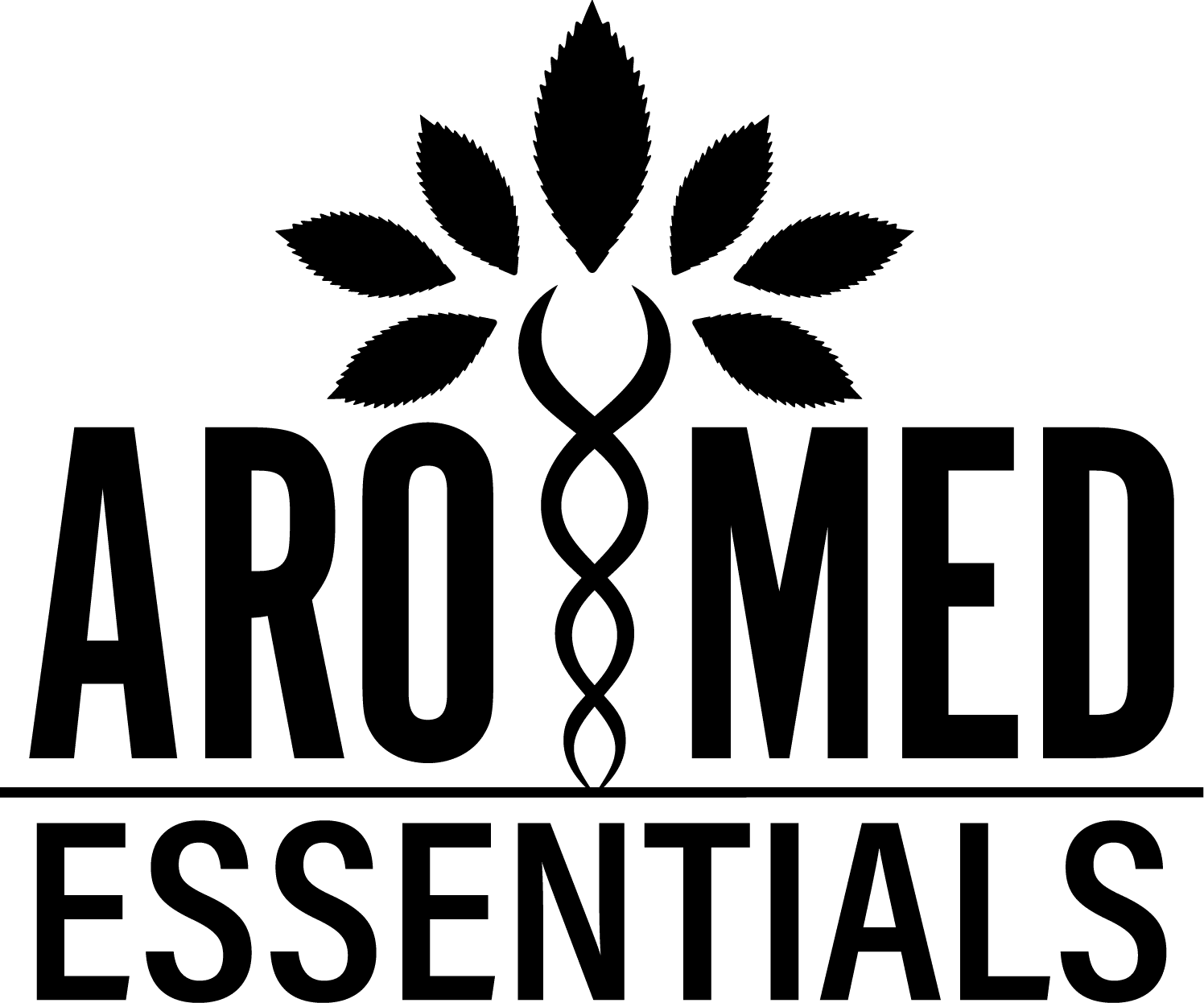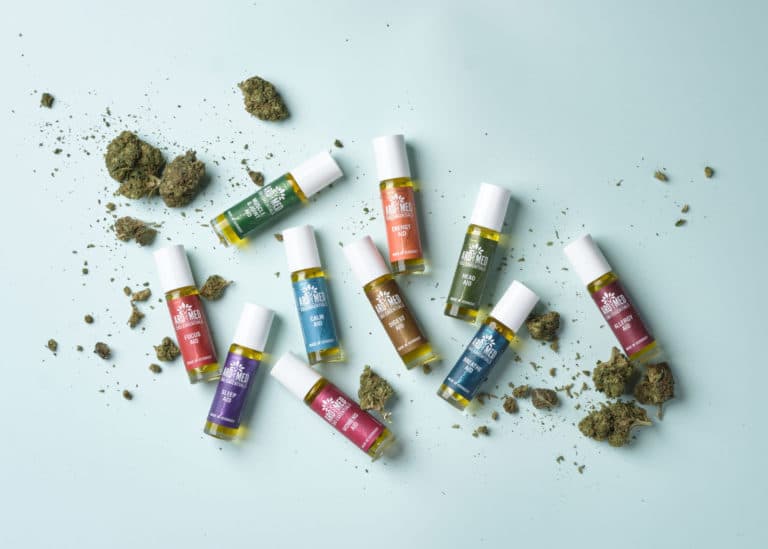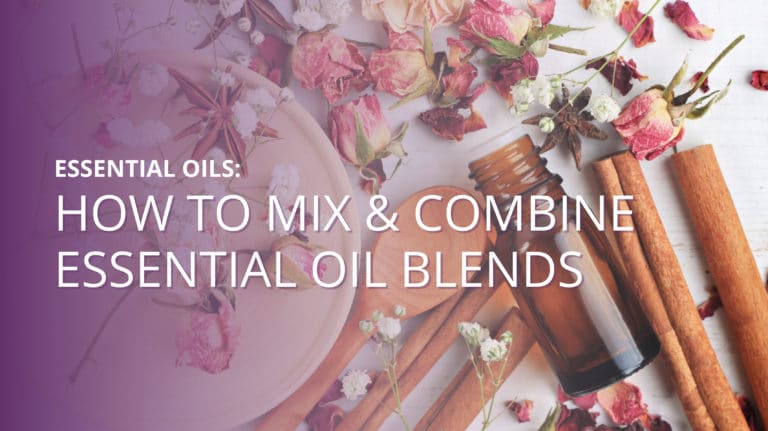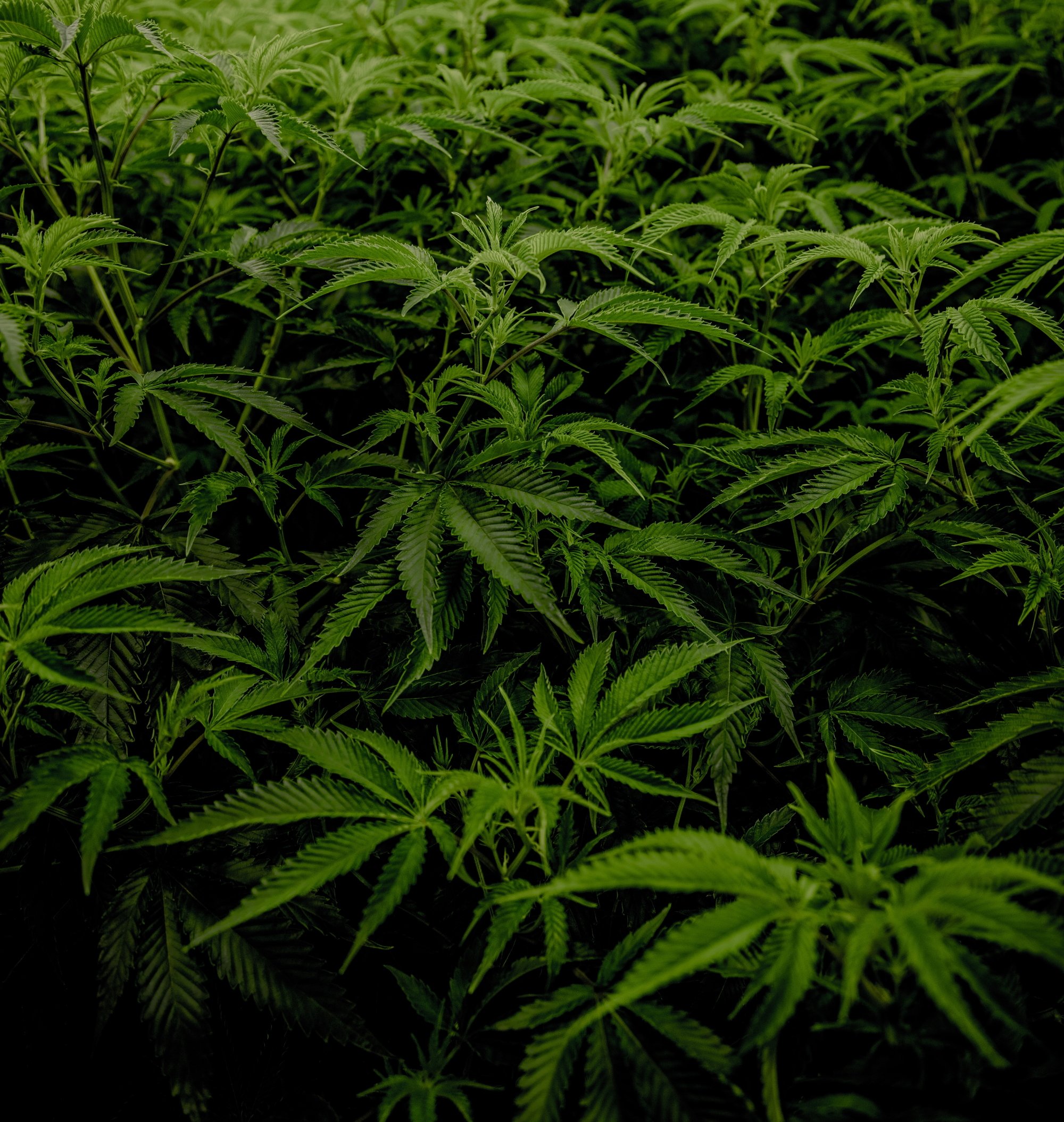CBD and THC: How Do They Differ From Each Other (And Why You Should Know About This
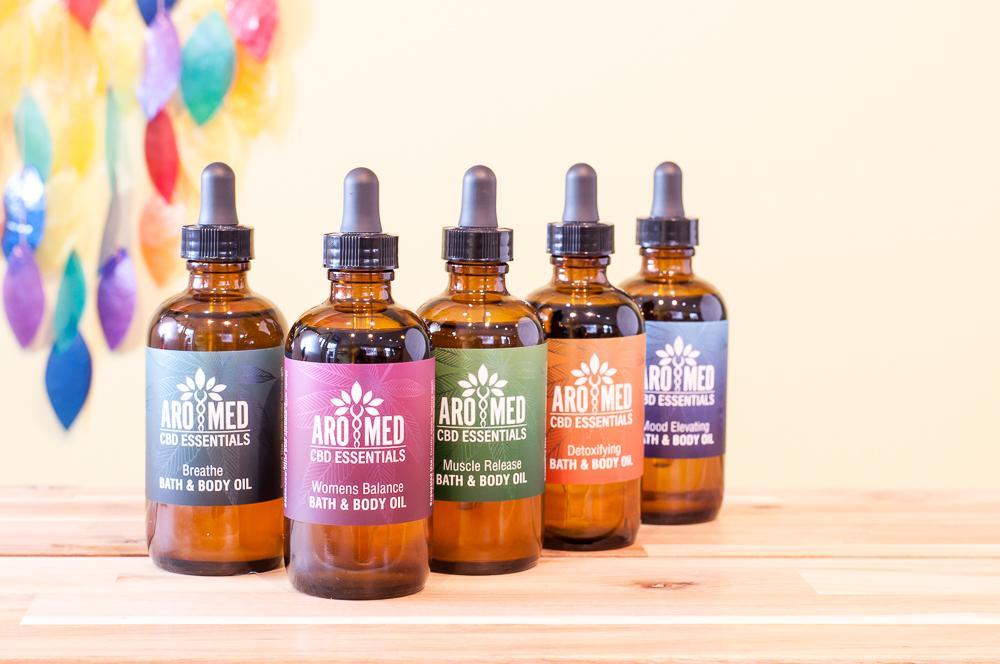
Posted on November 6th, 2020 to AroMed CBD & Aromatherapy Blog by cannaplanners
Over the past years, marijuana and hemp use have received increased attention since its legalization in most states. People have become not just tolerant of marijuana usage and other cannabis products but actually pursue it as an alternative form of medicine or cure because of some claiming an ability to manage or alleviate pain.
This growing acceptance of marijuana is sparking curiosity in people, even those who haven’t used it before. Meanwhile, current and active users continue to further their research, with their growing interest resulting in smarter and more responsible use of cannabis.
Cannabidiol (CBD) and tetrahydrocannabinol (THC) are the two compounds at the center of this growing attention. The cannabis plant produces a thick substance called cannabinoids. CBD and THC are two compounds the most common compounds from the cannabis plant. They have the same chemical formula – 21 carbon atoms, 30 hydrogen atoms, and two oxygen atoms. They differ, however, on the arrangement of their atoms. This is the reason why they have different impacts on the body. And you definitely want to take note of this.
Major Differences between CBD and THC
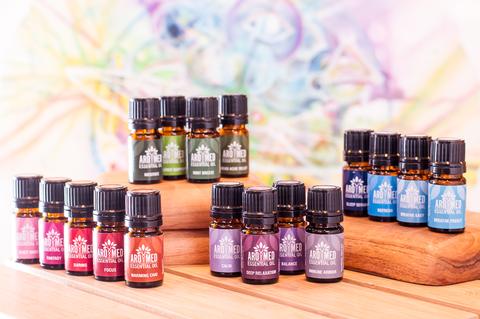
In addition, CBD offers a wide range of clinical benefits and is ever-expanding. CBD is popular in managing the symptoms and conditions of epilepsy and other seizure disorders; Crohn’s disease; PTSD and anxiety; multiple sclerosis; pain and inflammation; and Opioid withdrawal. Meanwhile, as part of the medical marijuana family, THC helps ease and manage multiple sclerosis pain (just like CBD); nerve pain; Parkinson’s disease; nausea; and glaucoma.
In terms of legality, CBD has met global acceptance and in the US most states have already recognized and even embraced using it for medical purposes. Meanwhile, in drug-testing, THC-related chemicals are the basic target. Drug tests don’t normally detect traces of CBD simply because its chemical properties are fewer since you don’t need to consume a generous amount to get the desired healing effect; merely rubbing the CBD oil on the temples of your head could already alleviate headaches.
Clearing the THC vs CBD debate
It has been proven that CBD and THC are both medically beneficial. Evidence of the achievements of medical marijuana have proven this non-debatable. With this, both can be considered safe, to some extent.
CBD is widely accessible and has been infused in many pain management products and treatments. And it is still considered as an alternative form of medication, more consumers have been using it more steadily and integrating it into their regular health regiment.
Sources:
https://www.healthline.com/health/cbd-vs-thc
https://www.leafly.com/news/cbd/cbd-vs-thc
https://usa.inquirer.net/37937/cbd-vs-thc
Copyright © 2024 AroMed Essentials |
Site by CannaPlanners
